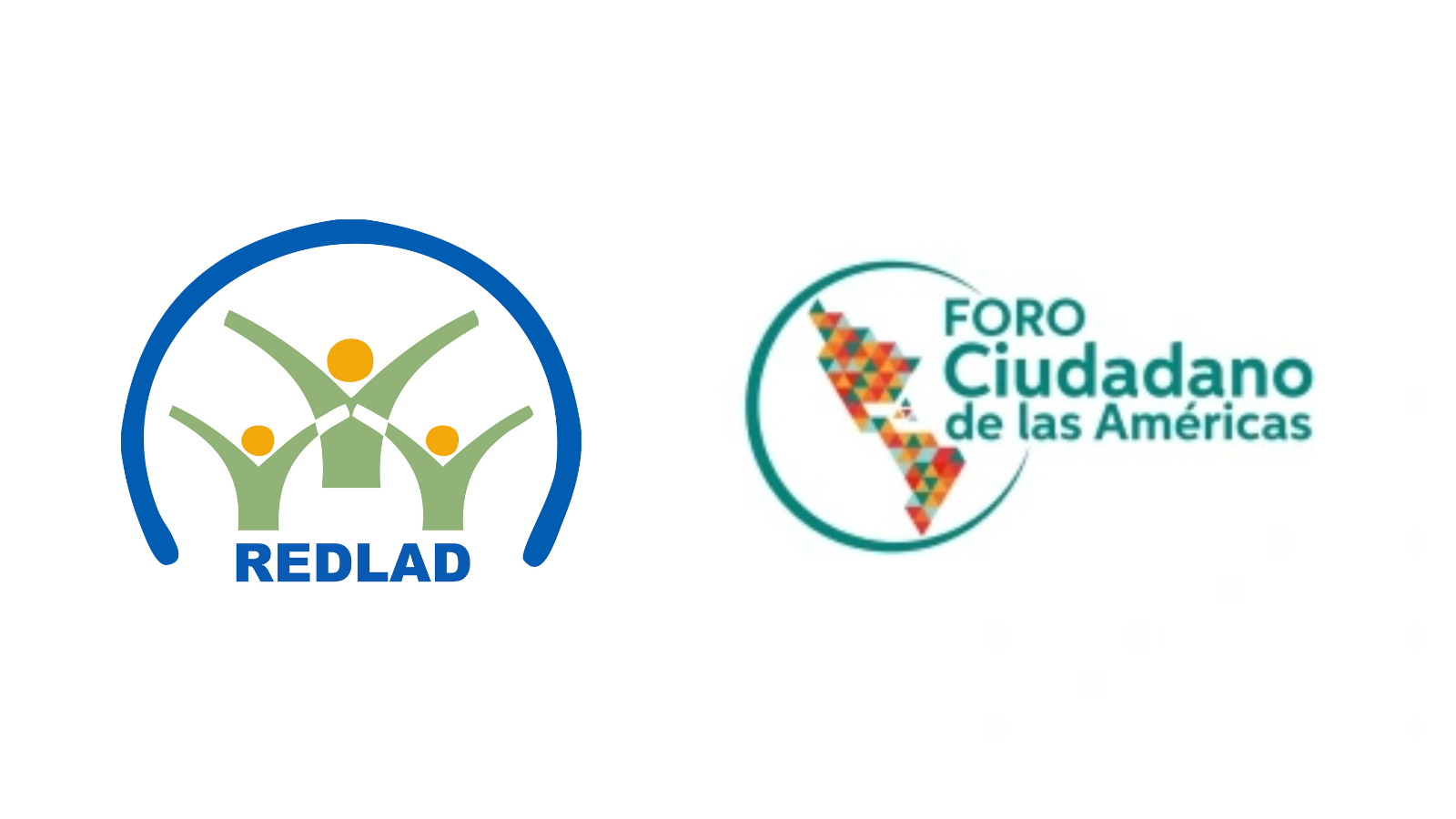The Citizen Corruption Observatory Experience
By Redlad – partner organization in the Global Democracy Coalition – and Foro Ciudadano de las Américas
The Citizen Corruption Observatory is a joint effort set by a group of civil society organizations in Latin America and the Caribbean, led by the national chapter of Transparency International. Its objective was to develop a participatory and technical process to follow up the Lima Commitments, which was the result of the 2018 Summit of the Americas’ whose topic was ‘Democratic governance against corruption”. The agreement included 57 commitments acquired by the governments of the Americas.
As a result of this collective process, the CCO , generated 19 national reports and two regional reports (one final and the other on regulatory progress), in which the efforts or absence of the different governments and official authorities for complying with the Lima Commitments and other compromises in the fight against corruption were analyzed.
Additionally, this joint effort between civil society and experts on anti-corruption topics resulted in 5 specialized thematic reports, which allowed to give depth to the selected issues:
-
International Legal Cooperation in the Fight against Corruption,
-
Inclusion of Gender Approach in the Fight against Corruption,
-
Preventing Corruption in Public Works, Government Contracting and Procurement.
From the CCO and the Citizen Forum of the Americas we have a broad and interdisciplinary vision of how corruption arises and how it takes root socially. Therefore, in the generated reports we were able to put the dynamics of this problem into perspective. Corruption is a complex public problem that not only affects public budgets but is also one of the many responsible for the violation of fundamental rights, especially those that have to do with education, health, among others.
After all this civil society exercise, the results are not very encouraging in general. There is evidence of a lack of political will and real commitment on the part of almost all governments to implement most of what was stipulated in the VIII Summit. “On average, the results obtained in the follow-up of the Lima Agreement show that progress is insufficient. There are particular actions in some of the analyzed commitments, which vary according to the country and the analyzed context. However, we can hardly conclude that the Lima Commitment has meant progress in the fight against corruption at the regional level”, states a section of the CCO’s final report document.
Due to the above, there are some very important calls to action that both the OAS and the governments (with their institutions) must take into account in order to move forward. In addition, they are essential for the commitments that will be adopted at the next IX Summit that will take place in Los Angeles in June.
Some of those calls to action to highlight are:
-
Take steps to ensure financial and legal security conditions for the development of oversight and social control initiatives carried out by civil society and respect for the human rights of those who develop such initiatives.
-
Promote the inclusion of the gender approach and vulnerable populations in anti corruption measures, from the planning process, through implementation and assessment.
-
Establish tools to encourage the reporting of irregularities and acts of corruption, including all the guarantees and protection measures needed for the professional and personal life and physical integrity of whistleblowers in accordance with international conventions.
-
Increase oversight and control by the respective electoral authorities and oversight bodies of the information reported by candidates and political parties, in order to increase penalties for illicit financing of political campaigns.
-
Take steps to explicitly include anti-corruption clauses in all public contracts.
-
Establish inter-institutional cooperation relationships that render forfeiture and preventive attachment in court proceedings over corruption cases viable in practice.
